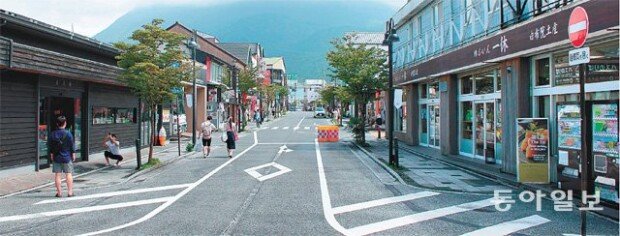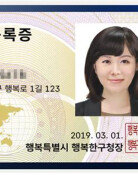Tokyo remains hard-headed in trade restrictions against Seoul
Tokyo remains hard-headed in trade restrictions against Seoul
Posted October. 05, 2019 07:22,
Updated October. 05, 2019 07:22

The Japanese government remains stubborn in connection with strengthened export restrictions against South Korea. “Our government’s stance has not changed. We have not moved even a single inch,” newly appointed Japanese Economy, Trade and Industry Minister Isshu Sugawara said in a recent interview with a Japanese media outlet. “If companies seeking export apply for export in line with the evaluation criteria, there will be no problem,” Jun Iwamatsu, director of the ministry's trade control policy division, also told the Dong-A Ilbo on Thursday. “The decision (on export regulation) will not change as well.”
Japan started to strengthen export restrictions due to the South Korean Supreme Court’s ruling on Korean slave laborers during World War Second last year. Tokyo has been keeping a hard-line stance on the slave laborers issue. “I would like to urge South Korea to keep promises between countries in accordance with international law,” Japanese Prime Minister Shinzo Abe said an extraordinary session of the Japanese Diet, which started on Friday. In an interview with the Nihon Keizai Shimbun on the day, Foreign Minister Toshimitsu Motegi said, “We will leave open diverse options from the perspective of assuring Japanese companies’ justified economic activities, while continuing to cool-mindedly cope with situations.”
Morita Chemical Industries in Osaka, Japan is a middle-standing semiconductor materials company. The company produces high-purity etching gas that is used in carving wafers for semiconductors. The firm completely halted export to South Korea from July 4. It has not received any single approval for export from the Japanese government.
“We have exerted efforts to win approval by requesting meetings with the Economy, Trade and Industry Ministry responsible for the issue several times, but we have not been able to export to South Korea thus far,” a Morita source said, expressing frustration. “We are only waiting to gain approval even though we don’t know when.” The Japanese government approved export of etching gas produced by Showa Denko to Samsung Electronics and Hynix Semiconductors late last month. Nevertheless, Japanese exporters of core parts, components and materials that have been newly subjected to export restrictions are struggling.
The Japanese industry is suffering hefty damage from Tokyo’s export restrictions. According to the South Korean Trade, Industry and Energy Ministry, the decrease ratio of South Korea’s exports to Japan from July to August came to minus 3.5 percent, while the decrease ratio of Japan’s exports to South Korea during the same period amounted to minus 8.1 percent.
Against this backdrop, Japanese semiconductor companies have started self-relief efforts. “We are expanding our plant in Incheon, to ensure stable supply of products to South Korea,” a source at Tokyo Oka Industry, which takes up a 20-30 percent share of the global market in the photo register field.
bsism@donga.com






